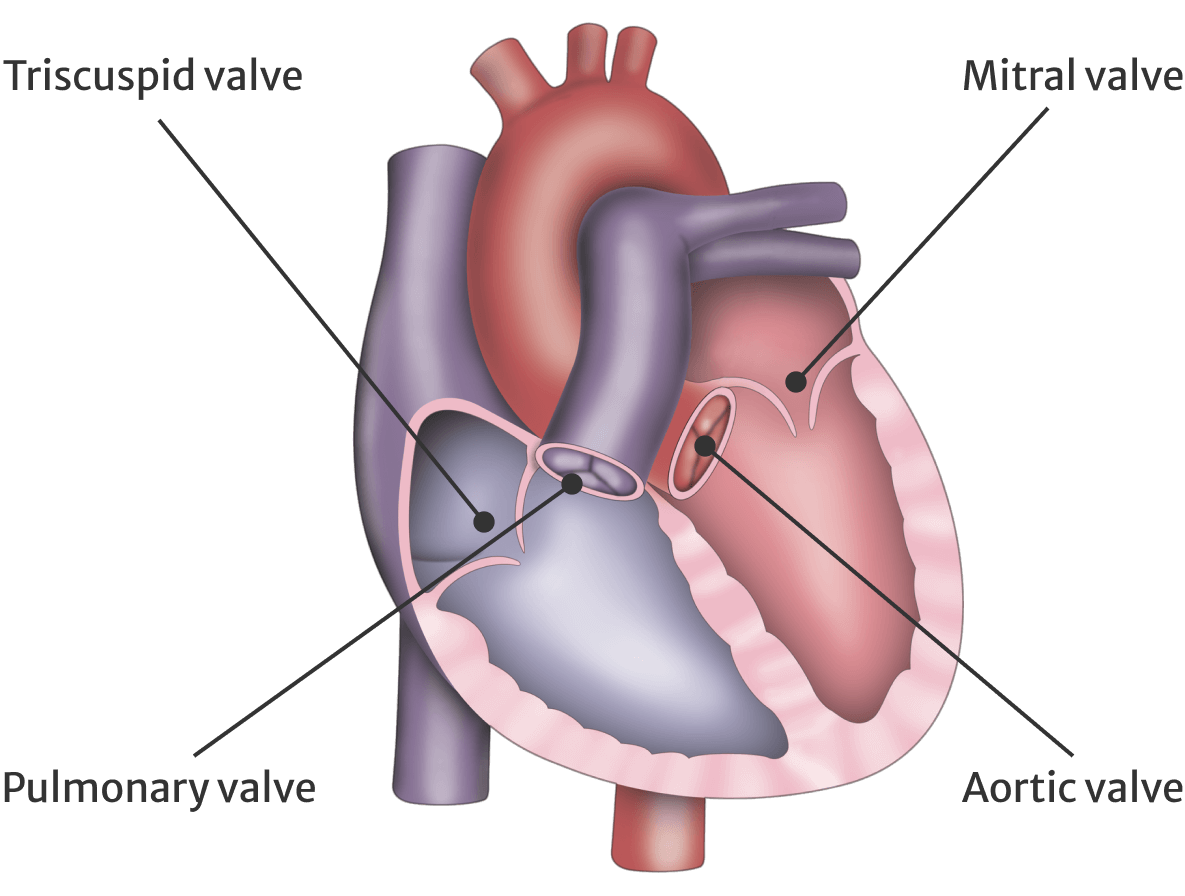Chest pain
A feeling of pressure on your chest even when you are inactive.

Heart valves
A feeling of pressure on your chest even when you are inactive.
Needing to catch your breath when walking short distances.
Fainting while doing routine tasks.
Struggling with routine tasks due to persistent light-headedness.
Feeling tired even when inactive.
Not sure where to visit?
Most people experiencing symptoms of heart valve disease dismiss them as signs of aging.3,4

Join our mailing list to stay informed about heart valve disease, aortic stenosis, and its treatment options including transcatheter aortic valve implantation (TAVI)

Other therapies or treatment options may be available and you should discuss any educational information you access online with your healthcare professional. Appropriate treatment for individuals is a matter for healthcare professionals to decide in consultation with each individual.